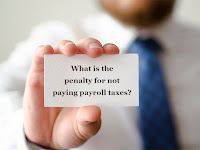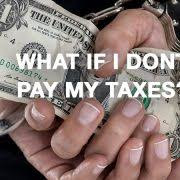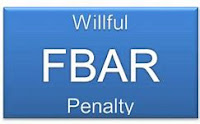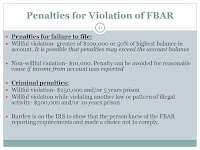A Miami business owner pleaded guilty on November 29, 2022 to willfully failing to pay over employment taxes to the IRS. A sentencing date will be set by U.S. District Judge K. Michael Moore.
According to court documents and statements made in court, Ari Weingrad owned and operated two car rental companies, Rent Max Miami, Inc. and Rent Max North, Inc., both of which had locations throughout Florida.
As the sole owner and CEO of Rent Max Miami, and as the co-owner and president of Rent Max North, Weingrad knew he was responsible for collecting, accounting for and paying over payroll taxes withheld from his employees’ wages to the IRS.
Between 2011 and 2016, Weingrad withheld from his employees but did not pay over more than $850,000 in employment taxes owed to the IRS. Instead, he caused Rent Max Miami to spend corporate funds to pay discretionary expenses, including a $50,000 cashier’s check to himself, a $45,000 in cashier’s checks payable to his wife, and expenses related to a 55-foot yacht.
Weingrad faces a maximum penalty of five (5) years in prison for willful failure to pay over employment taxes. He also faces, as well as a period of supervised release restitution and monetary penalties. A federal district court judge will determine any sentence after considering the U.S. Sentencing Guidelines and other statutory factors.
Thinking Not Paying Your Taxes?
You Better Thank Again, if You Like Your Freedom!
Contact the Tax Lawyers at
Marini & Associates, P.A.
for a FREE Tax HELP Contact Us at:
www.TaxAid.com or www.OVDPLaw.com
or Toll Free at 888-8TaxAid (888-882-9243)
Read more at: Tax Times blog















